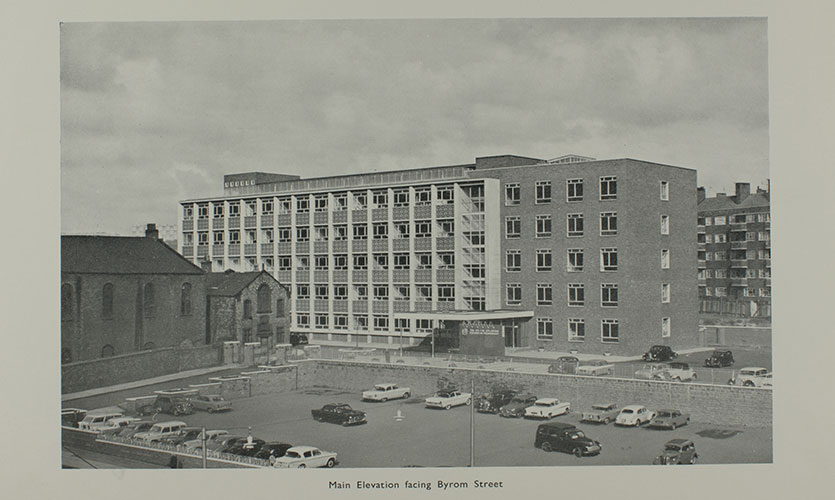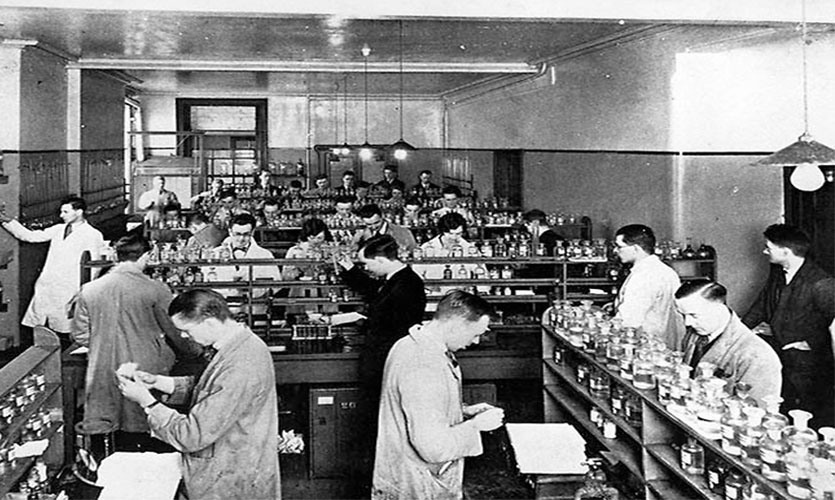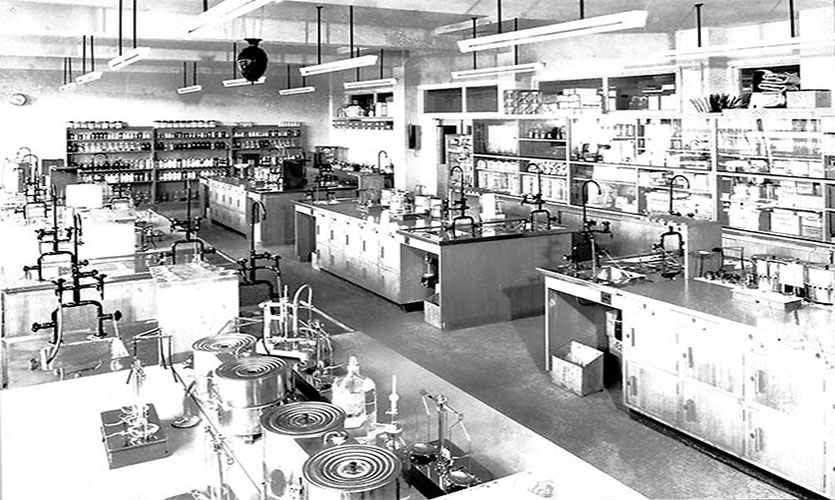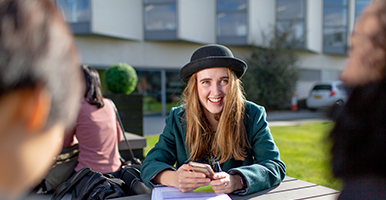Pharmaceutical education
Liverpool School of Pharmacy
We are one of the oldest providers of pharmacy education in Europe, and we have been delivering industry-relevant courses since 1849.
The Liverpool School of Pharmacy evolved from the formation of the Liverpool Chemists’ Association. Established in 1849 by local chemists and druggists, the School was set up to ensure ‘proper instruction’ for pharmacists. Lectures on the classification of plants were soon supplemented by practical classes in pharmaceutical chemistry and Latin for pharmacists and as student numbers increased, facilities grew to include labs, larger lecture theatres, a microscope room and even a museum.
The School continued to thrive during the twentieth century, even surviving the war years when student numbers halved. It was the UK’s last surviving private School of Pharmacy until 1953 when it merged with the Regional College of Technology. In 1970, it became part of Liverpool Polytechnic, enrolling its first honours students in 1971.
The School of Pharmacy and Biomolecular Sciences, as it is now known, has a reputation for developing innovative approaches to pharmaceutical education. It continues to develop and deliver high-quality accredited programmes in applied chemical and life sciences, with a strong emphasis on health-related professions, such as pharmacy and biomedical sciences. The School maintains close links with practising pharmacists and its current status as a Royal Pharmaceutical Society Foundation Training School ensures students receive the knowledge, skills and experience to best prepare them for their careers; a mission much in accord with the ambitions of its nineteenth century founders.
Henry Humphreys Jones (1878-1971)
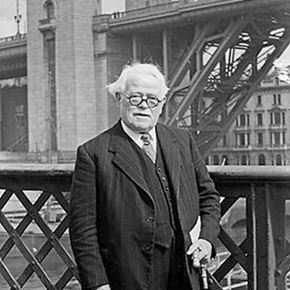 Born in rural North Wales, Henry Humphreys Jones, or ‘Humph’ as he was known by his students, became one of School of Pharmacy’s most distinguished Principals, overseeing its greatest period of expansion between 1908 and 1950, and helping it endure through two world wars. He became a Fellow of the Chemical Society and Secretary of the Liverpool Chemists’ Association in 1909. He was President from 1912 to 1915, then again between 1932 and 1933 and finally in 1948, for the Association’s centenary year. In his 90s, he wrote an autobiography published in 1971, In My Yesteryears: From Farm to Pharmacy, in which he describes his determination to receive an education in pharmacy following his mother’s interest in the curative properties of plants.
Born in rural North Wales, Henry Humphreys Jones, or ‘Humph’ as he was known by his students, became one of School of Pharmacy’s most distinguished Principals, overseeing its greatest period of expansion between 1908 and 1950, and helping it endure through two world wars. He became a Fellow of the Chemical Society and Secretary of the Liverpool Chemists’ Association in 1909. He was President from 1912 to 1915, then again between 1932 and 1933 and finally in 1948, for the Association’s centenary year. In his 90s, he wrote an autobiography published in 1971, In My Yesteryears: From Farm to Pharmacy, in which he describes his determination to receive an education in pharmacy following his mother’s interest in the curative properties of plants.


